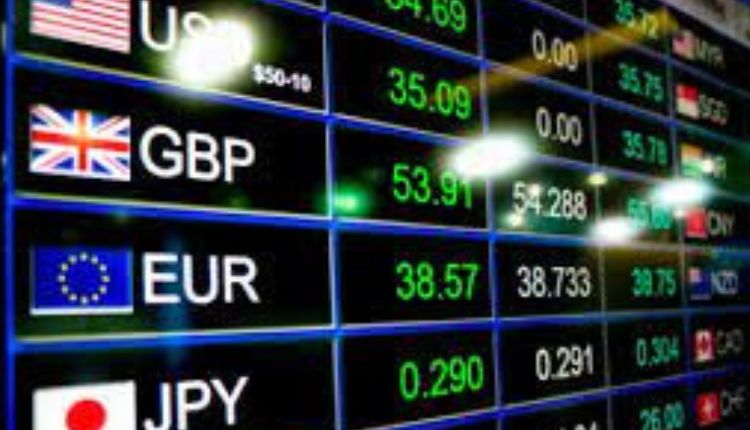The foreign exchange market is constantly evolving. As the world becomes more interconnected, the foreign exchange market plays an increasingly important role in global trade and commerce. In recent years, the forex market has undergone significant changes and transformations, with new trends likely to shape its future. By understanding these trends, traders and investors can make informed decisions to trade forex and adapt to the changing landscape of the foreign exchange market. This article will discuss some of the upcoming trends in the foreign exchange market.
- Increased Focus On Emerging Market Currencies
There has been a growing interest in emerging market currencies in recent years. These currencies are those of countries experiencing rapid economic growth and development. Some of the most popular emerging market currencies include the Chinese yuan, the Indian rupee, and the Brazilian real.
As these countries become more important global players, their currencies will likely gain more prominence in the foreign exchange market. This means traders and investors must pay closer attention to these currencies and their respective economies.
- The Rise of Digital Currencies
Digital currencies like Bitcoin and Ethereum have been gaining popularity in recent years. Any government or central authority does not back these currencies, and the market determines their value. Many people believe that digital currencies represent the future of money, and as such, they are likely to become more important in the foreign exchange market.
One of the advantages of digital currencies is that they are fast and cheap to transfer. This makes it an attractive option for people who need to move money quickly and efficiently. However, digital currencies are also highly volatile, which can be risky investments.
- Increased Use of Artificial Intelligence
Artificial intelligence (AI) is increasingly used in the foreign exchange market. This makes it an attractive tool to trade forex and investors looking to make informed decisions about currency trading. One of the other perks of AI is that it can analyse data in real time. This means that traders and investors can react quickly to market changes, which is crucial in the fast-paced world of foreign exchange trading.
- The Continued Importance of Central Banks
Central banks play a crucial role in the foreign exchange market. They are responsible for setting monetary policy and regulating the money supply in their respective economies. As a result, their actions can significantly impact currency values.
Central banks have been using unconventional monetary policy tools, such as quantitative easing, to stimulate their economies in recent years. These policies have significantly impacted the foreign exchange market and are likely to continue to do so in the future.
- Growing Importance of Cross-Border Payments
Another upcoming trend in the foreign exchange market is the growing importance of cross-border payments. With the increasing globalisation of the world economy, there has been a surge in international trade and commerce. This has led to increased cross-border payments, which involve transferring money from one country to another to pay for goods or services.
Summing Up
The foreign exchange market has evolved significantly over the years, and its continued growth is a testament to its importance in the global economy. The forex market has experienced numerous changes, from introducing new currencies to the rise of digital currencies and the increased use of AI. As the world becomes more interconnected, the foreign exchange market will likely play a vital role in global trade and commerce. Traders and investors must stay up-to-date with these changes and trends to make informed decisions about currency trading.

